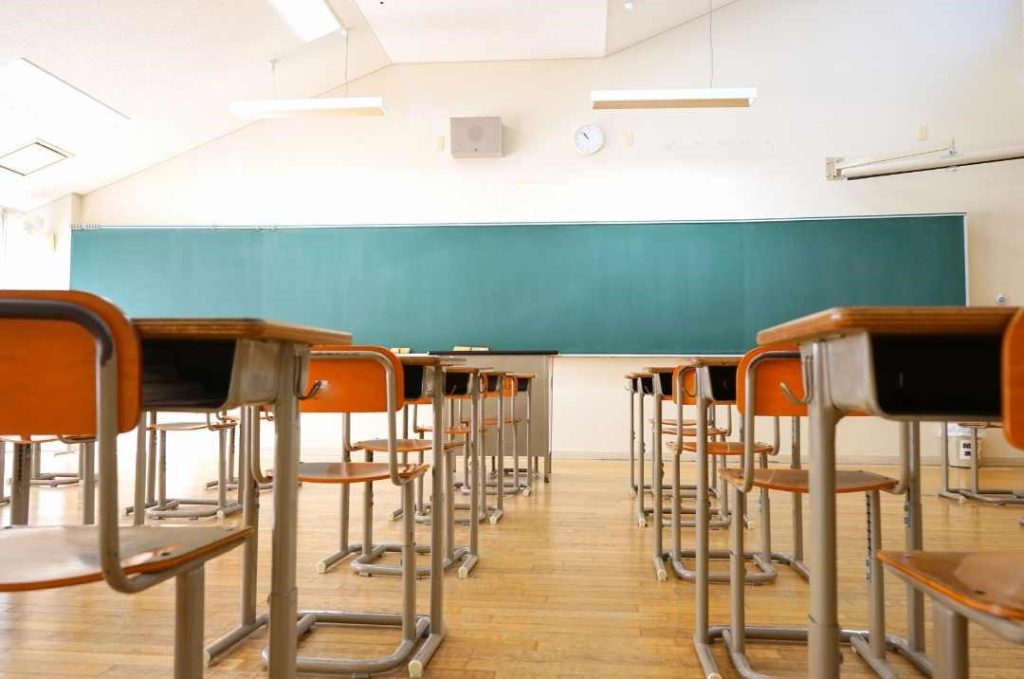Guyana president Dr Irfaan Ali on September 5 announced that Caricom had put the dismal performance of Caribbean students in mathematics on its agenda. However, the measures that any country can take to improve its maths scores are limited by Caribbean students’ IQs.
In 2024, only 36 per cent of students writing CSEC passed maths. The average pass rate between 2008 and 2018 has been 46 per cent. So, even if remedial measures are effective it is unlikely that more than half of students taking the exam will ever pass (assuming the test isn’t made easier).
The correlation between scores in maths tests and IQ is 0.8. An average IQ score is 100, with a standard deviation of 15. That means there is a wide academic gap between someone with an IQ of 85 and 100 or 100 and 115.
These are the national IQs of Caricom member states: Antigua and Barbuda: 70; The Bahamas: 84; Barbados: 80; Belize: 84; Dominica: 67; Grenada: 71; Guyana: 87; Haiti: 67; Jamaica: 71; Montserrat: n/a; St Kitts and Nevis: 67; St Lucia: 62; St Vincent and the Grenadines: 71; Suriname: 89; TT: 85.
Source: Lynn & Vanhanen, 2012
In Guyana, the maths pass rate was 31 per cent, in Jamaica 39 per cent, and in TT 42 per cent. So, Guyana is doing worse relative to its average IQ while Jamaica is doing much better.
Given the national IQs, this means that remedial work needs to start at the primary level. Studies show that students with below-average IQs can improve their performance by 0.3 to 0.5 standard deviations after sustained interventions (ie, over a year). But at best they move from the 20th percentile to around the 35th percentile.
That should be the goal of remedial measures. Students in the higher percentiles just need good teachers. Spending more resources to raise all students’ maths scores will be a waste of time and money.
JENSEN RUSHTON
San Fernando



Responses